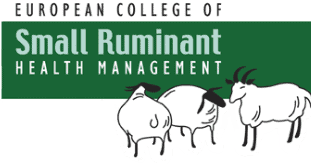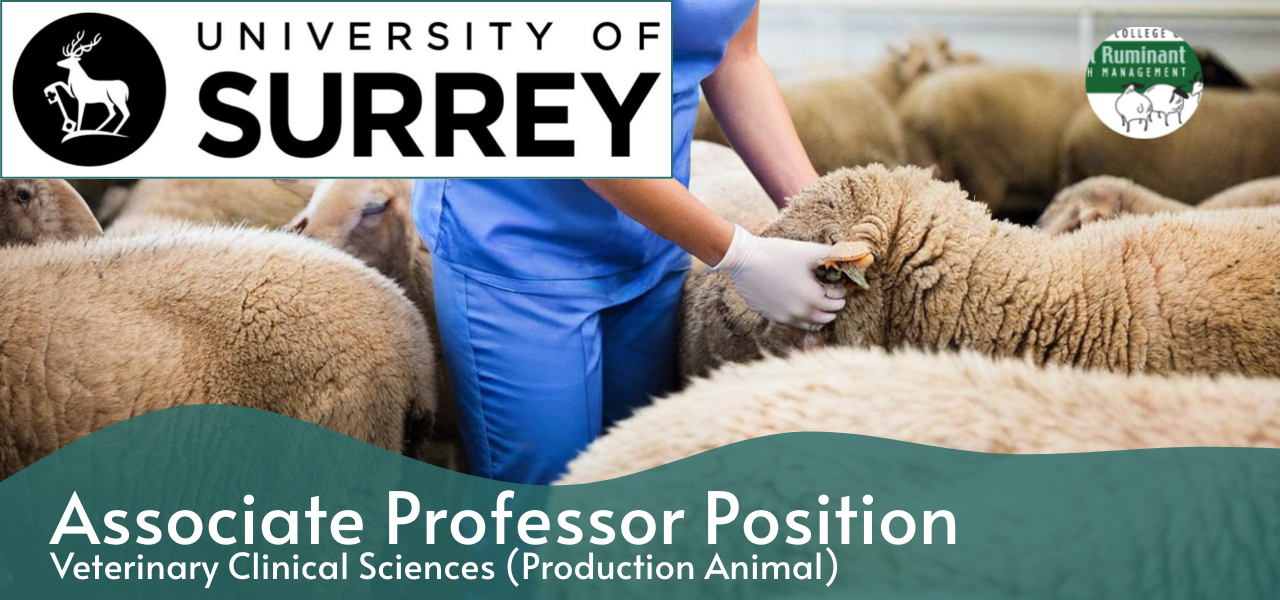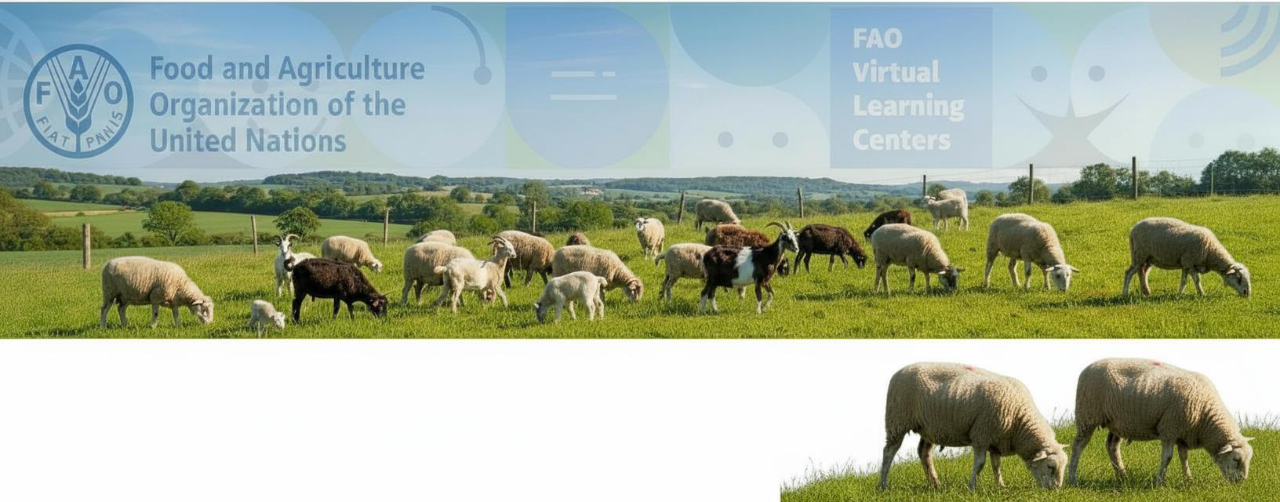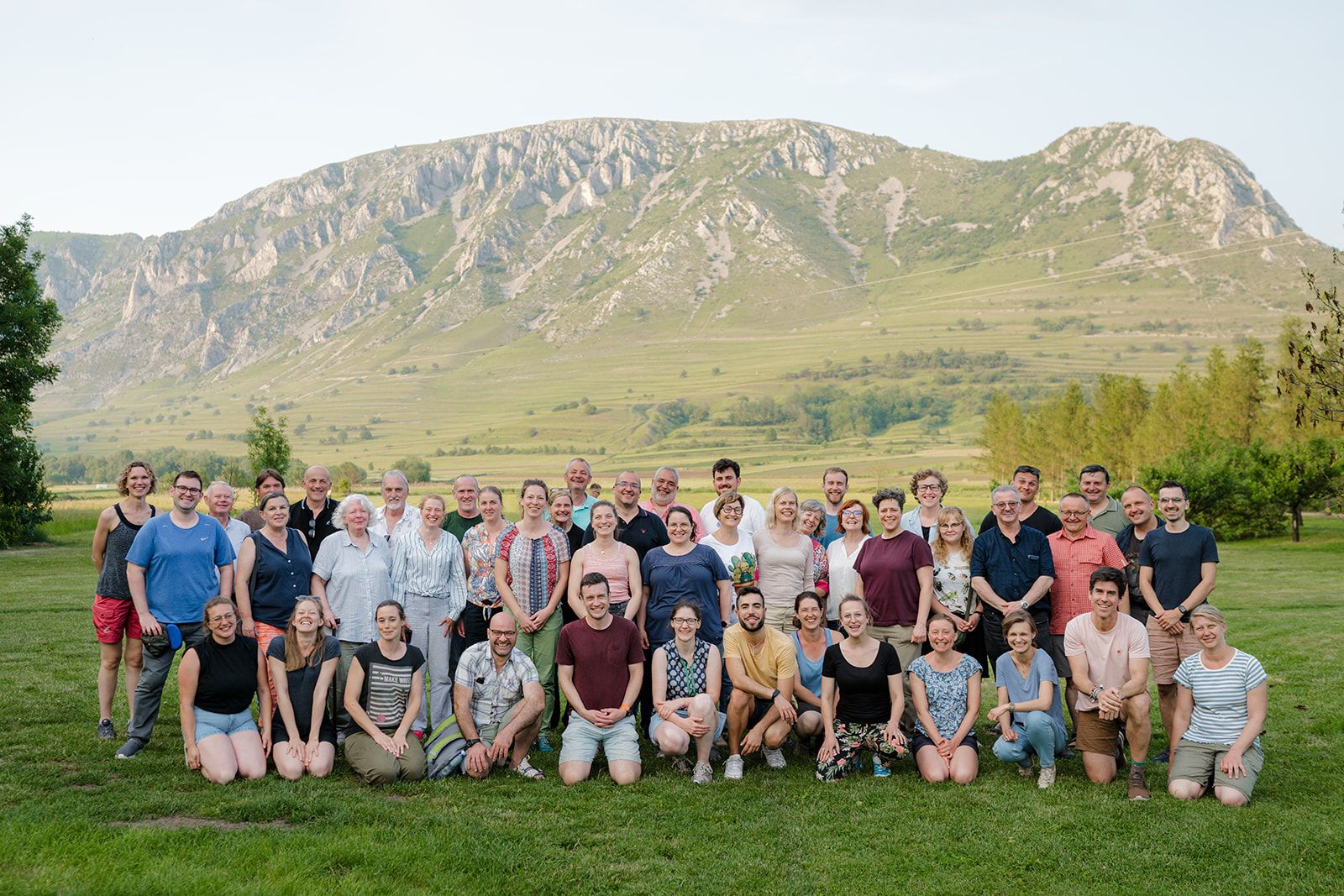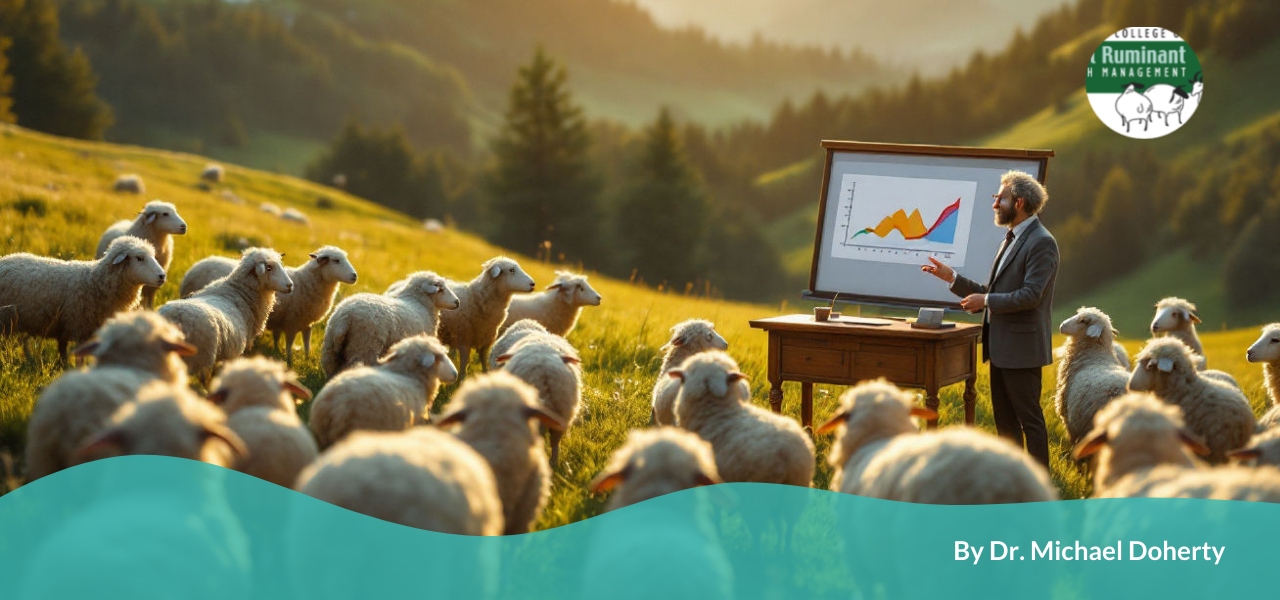
This user has not added any information to their profile yet.
Clinical sheep health and production; farm animal parasitology in general; anthelmintic resistance; and livestock veterinary education.
Helminth parasites are the most important production limiting diseases of small ruminants worldwide, both in large-scale commercial sheep farms and in many resource-poor regions where they are of paramount importance to rural economies. Understanding of constraints to the control of helminth parasites is therefore of global relevance. During the past decade, however, failures of helminth control programmes have become commonplace, because the epidemiology of the parasites has changed from the conventional perspective on which the programmes are founded. Various interacting factors have been identified to explain why such planned control programmes have been unsustainable, not least the evolution of anthelmintic resistance, and other factors undoubtedly exist, but have not yet been elucidated. My principal research aspirations are to collaborate in developing and then using molecular tools and genetic markers to understand the changing epidemiology of helminth parasites at species and sub-population levels in response to stimuli such as climatic variation and exposure to anthelmintic drugs. Such understanding is a prerequisite for improved and sustainable helminth control programmes.


